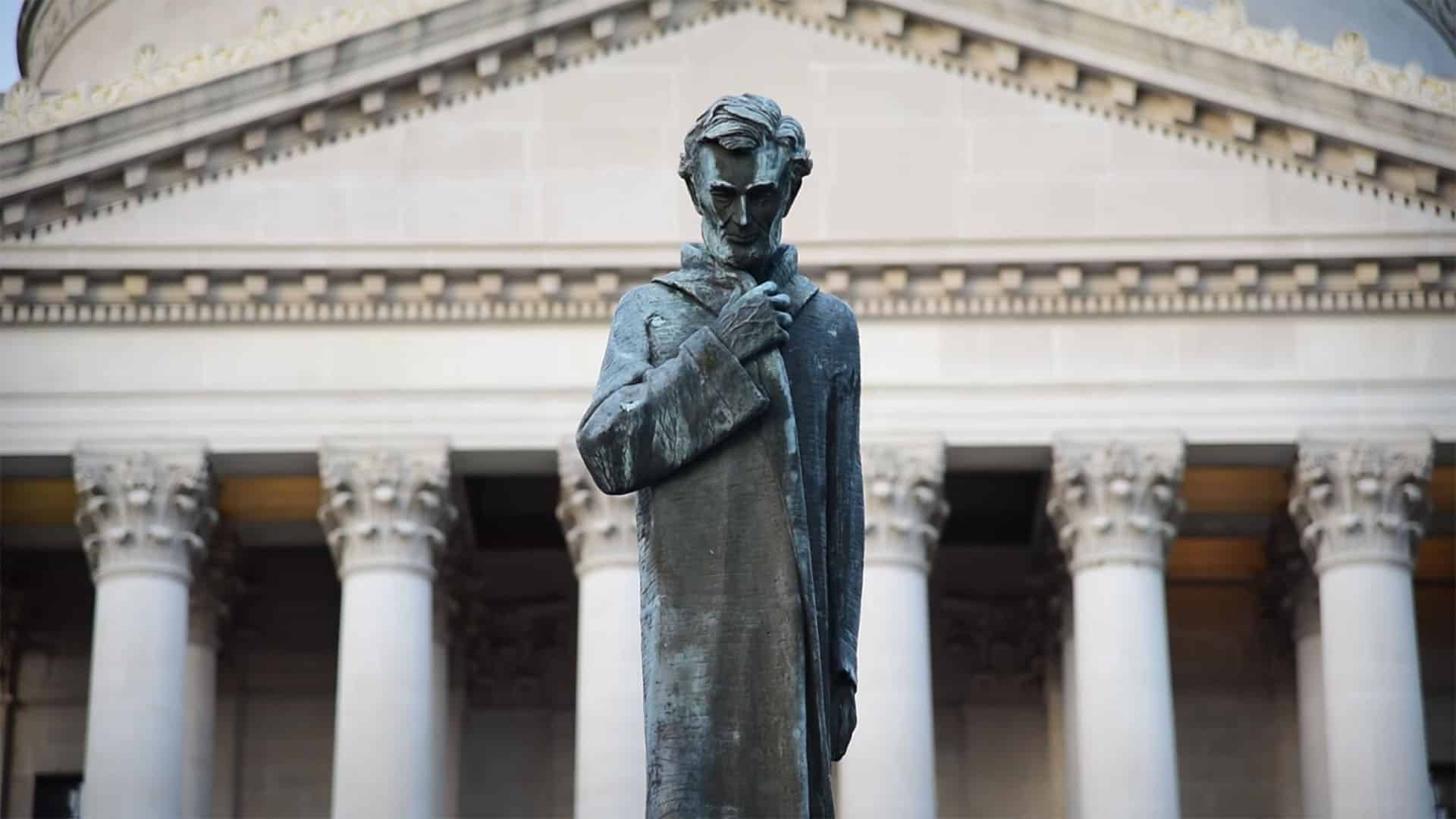5,500 WV Graduates Per Year Have Troubling Levels of Debt Compared to Income

FOR IMMEDIATE RELEASE
DATE: September 28th, 2021
FOR MORE INFORMATION CONTACT
Amanda Kieffer, Communications Director at Cardinal Institute for WV Policy
PHONE: (304)-541-9551 EMAIL: [email protected]
5,500 WV Graduates Per Year Have Troubling Levels of Debt Compared to Income
Charleston, W. Va.—More than 90 degree programs in West Virginia leave students with troubling levels of student debt, according to a new report from Cardinal Institute for West Virginia Policy senior fellow Adam Kissel.
“More than 5,000 West Virginia college students per year make what look like bad bets when choosing their degree programs,” Kissel said. “They could have gone to community and technical colleges and achieved much better financial outcomes in much less time.”
The U.S. Department of Education (ED) College Scorecard reports program-level outcomes for student earnings and debt two years after graduation. The most recent data cover 73 percent of all graduates from public colleges and universities in West Virginia, including 86 percent of all bachelor’s degree graduates, from 2015 and 2016.
Of the 203 assessed programs, 21 would fail and 64 would be on probation, according to ED’s gainful-employment rule. This Obama-era rule, which compares graduates’ debt to their income, was rescinded under the Trump Administration but is scheduled to return under the Biden Administration. On the basis of total debt per graduate, an additional eight programs produce graduates with concerning levels of debt.
“Degree programs should be held accountable for student outcomes,” Cardinal Institute executive director Garrett Ballengee said. “This report empowers stakeholders to know which programs in West Virginia should be investigated and potentially improved or canceled.”
ED’s original rule targeted for-profit colleges. But large numbers of programs at public and private nonprofit colleges nationwide would fail the gainful-employment test, as higher education analyst Andrew Gillen of the Texas Public Policy Foundation has shown.
“If the U.S. Dept. of Education really cared about students instead of attacking profit, it would include all failing programs in its assessments and penalties,” Kissel said.
The report, “Bad Returns,” shows that by these measures, West Virginia’s public institutions of higher education collectively rank 48th among the 50 states.
In sharp contrast, associate degree programs perform extremely well in West Virginia. Since their graduates’ debt is very affordable in relation to their graduates’ income, if they have any debt at all, there is no public policy reason to further subsidize this level of college or make it “free.”
The report also ranks the state’s 50 best bets by these measures, recognizing that income is not necessarily the primary reason to attend a college. In the top-ranked program, electricians from Pierpont Community and Technical College earn almost $89,000 per year but have just over $11,000 in total debt.
But graduates in fine and studio arts from West Virginia University earn only $18,000 per year and have an average total debt of $27,000.
About the Cardinal Institute
The Cardinal Institute for West Virginia Policy, Inc. is a 501(c)(3) non-profit founded in September 2014 dedicated to research, develop and communicate effective free market economic public policies for West Virginia.
###

